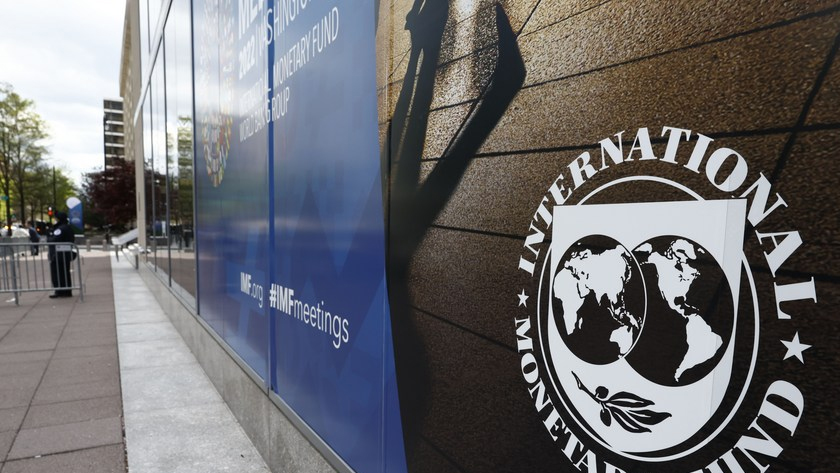Iran Press/ America: The global economy is moving "from a world of relative predictability - with a rules-based framework for international economic cooperation, low interest rates, and low inflation... to a world with more fragility - greater uncertainty, higher economic volatility, geopolitical confrontations, and more frequent and devastating natural disasters," IMF Managing Director Kristalina Georgieva said in a curtain raiser speech ahead of the 2022 Annual Meetings of the IMF and the World Bank scheduled next week.
Stressing the urgency to stabilize the economy, Georgieva noted that global outlook has darkened by multiple shocks, among them a war, and inflation has become more persistent.
The IMF has downgraded its growth projections already three times since October last year, to only 3.2 percent for 2022 and 2.9 percent for 2023, the IMF chief said, adding that the global institution will downgrade growth for next year in its updated World Economic Outlook next week.

"We will flag that the risks of recession are rising," she noted. The IMF estimates that countries accounting for about one-third of the world economy will experience at least two consecutive quarters of contraction this or next year.
"And, even when growth is positive, it will feel like a recession because of shrinking real incomes and rising prices," she added.
Overall, the IMF expects a global output loss of about 4 trillion U.S. dollars between now and 2026. This is the size of the German economy - a massive setback for the world economy.
The IMF chief urged policymakers to stay the course to bring down inflation, and to put in place responsible fiscal policy - one that protects the vulnerable, without adding fuel to inflation, while calling for joint efforts to support emerging market and developing economies.
More than a quarter of emerging economies have either defaulted or had bonds trading at distressed levels; and over 60 percent of low-income countries are in - or at high risk of - debt distress.
According to Xinhua, the IMF chief urged countries to work together to address issues such as food insecurity, which is now affecting a staggering number of 345 million people, and climate change, the existential threat to humanity.
224
Read More:
IMF: The US trade war costs the global economy
Ukraine gets 4.5 bln euros in int'l aid since start of conflict
Ukraine economy could collapse if war continues
Maryam Abolbagha

